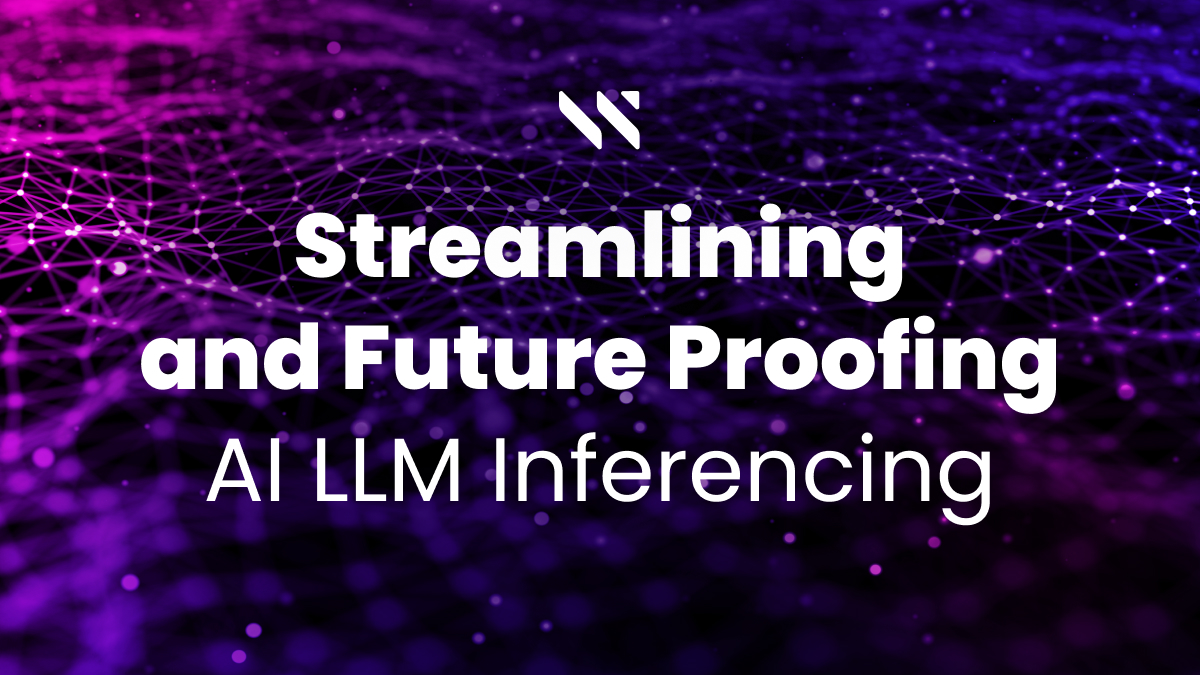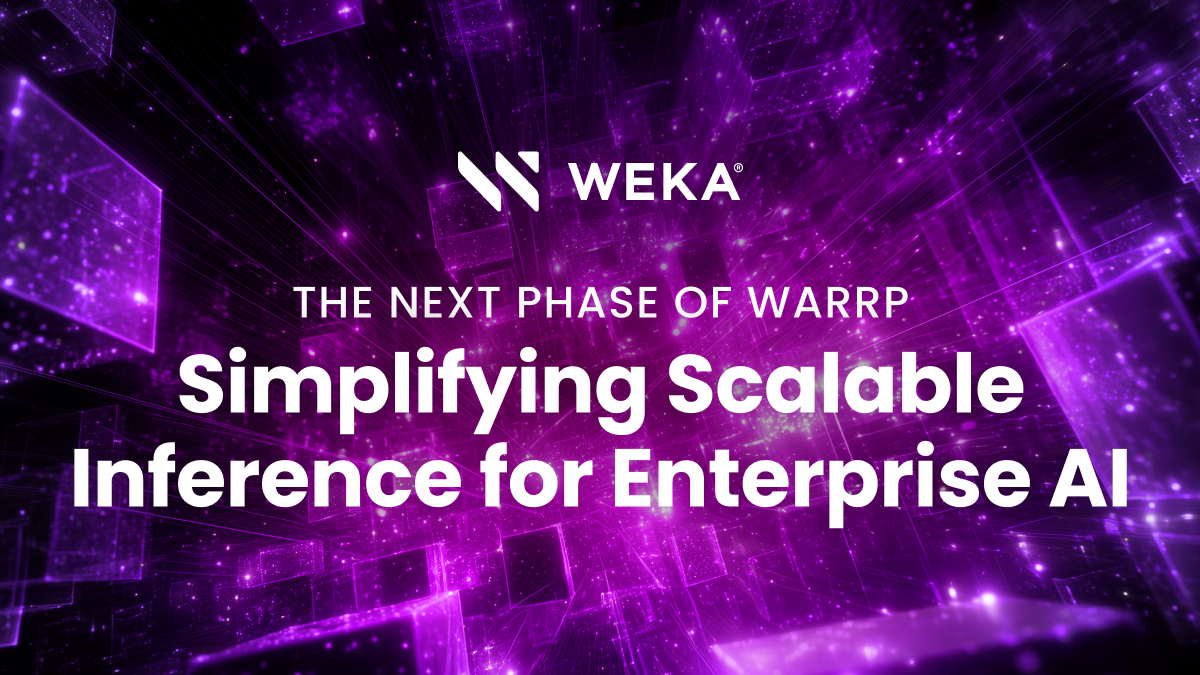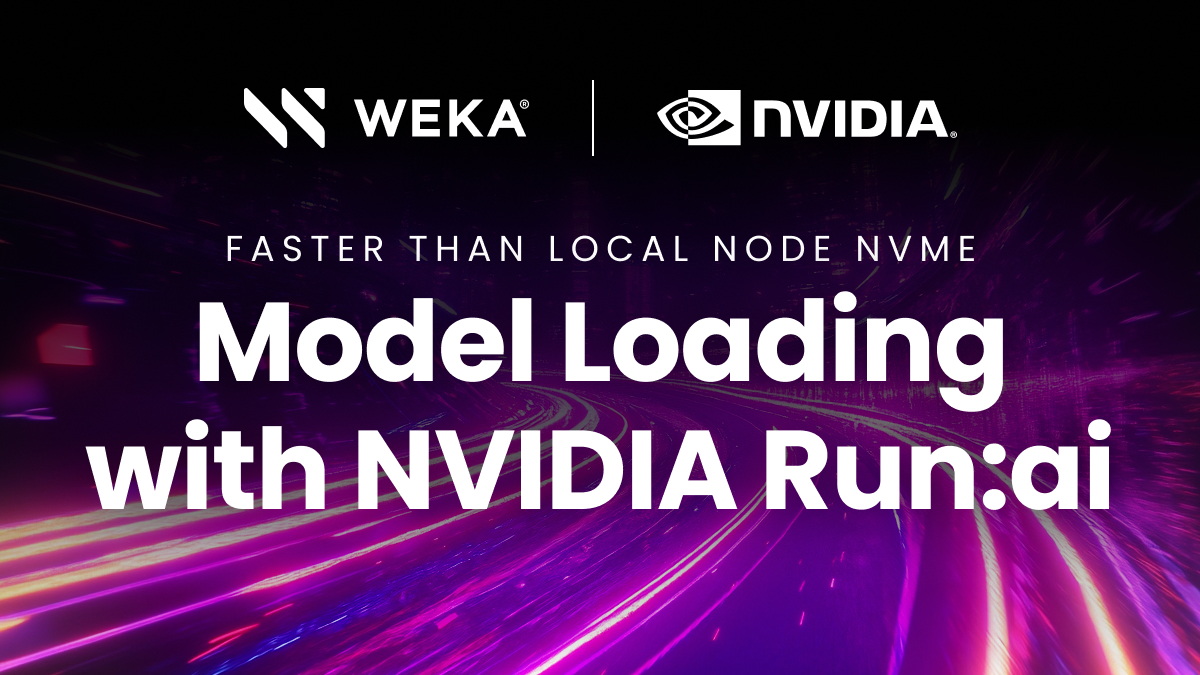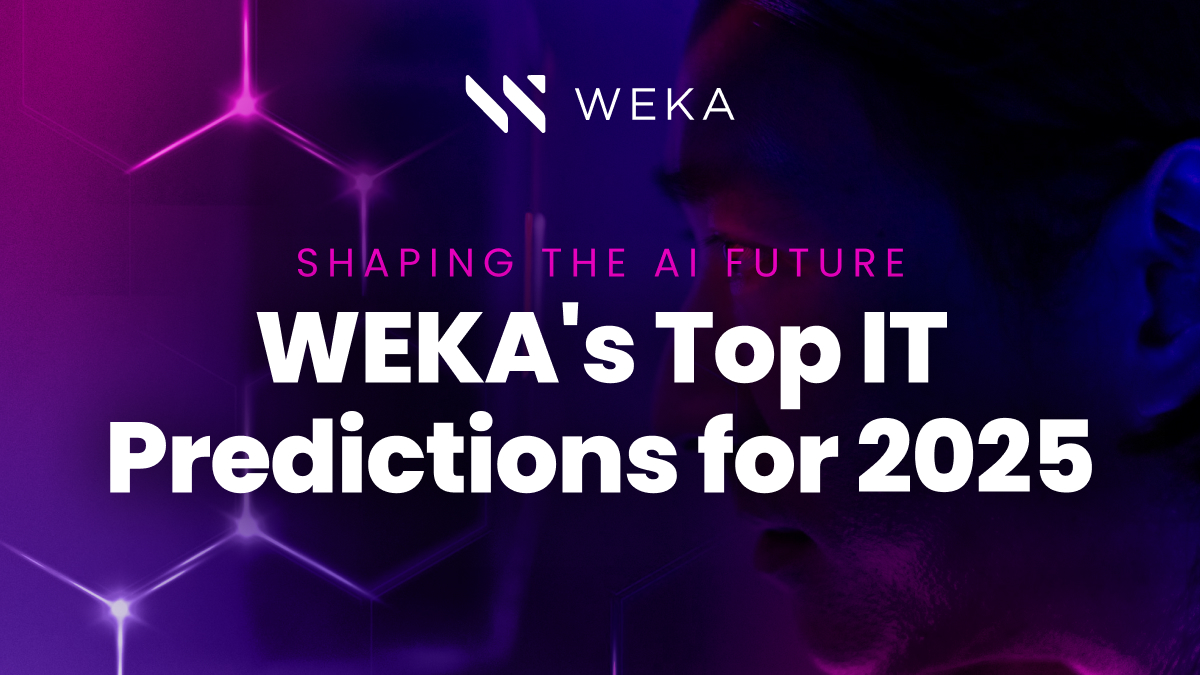Streamlining and Future Proofing AI LLM Inference

Challenges in AI Inference
LLM inferencing is the process of using a trained machine learning model to make predictions or generate outputs based on new input data. After a model has been trained on a dataset, it can apply the patterns and relationships it has learned to new, unseen data to produce results. This is a critical step in deploying AI systems, enabling them to perform tasks such as image recognition, language translation, and recommendation systems in real-time applications. Essentially, inferencing allows the model to apply its knowledge to practical, real-world scenarios.
This process is typically done on servers or cloud instances with GPUs (although other accelerator alternatives exist in the market, such as IPUs, TPUs, WSE, and even CPUs). Examples of well-known models that inference at scale are ChatGPT by OpenAI, Command-R by Cohere, Megatron by NVIDIA, Llama by Meta. Many other models are self-trained or open-sourced from locations such as Hugging Face or other model repositories to publish, compare, and share open-source models.
As LLM inference is typically associated with running a model in GPU memory, a common misconception exists that AI storage does not play a part in the inferencing model life cycle. In this short case study, we explore some of the storage-related inferencing pipeline challenges that a WEKA customer experienced and how the WEKA Data Platform allowed them to accelerate their LLM inference process and provide better service to their customers and internal users, reduce costs, and simplify their overall environment.
“LinguaModel Labs” LLM Inference Optimization Use Case
One WEKA customer is a well-known LLM provider that trains large-scale LLMs in a cloud environment. A completed model’s file size is typically in the tens or hundreds of gigabytes (GBs). Each model is trained to meet user requirements or a specific operation, such as embedding data or understanding and answering textual context.
This customer wants to remain anonymous so let’s just call them “LinguaModel Labs.” They have an LLM inferencing farm consisting of multiple GPU instances that load the models into GPU memory and execute them to utilize all these models. This inferencing farm is built to handle the operations of loading new models into the GPU memory and scale dynamically to allocate new, unpredictable inference instances that come from API requests.
The result is that these expensive GPU instances are underutilized. They must allow for unpredictable bursts from API-prompt activity while delivering low-latency reply times to end users. The business impact is that LinguaModel Labs is paying for expensive, underutilized GPU instances.
The faster new inference instances can be created and the relevant models loaded into their GPU memory, the faster the inference farm can handle the additional inferencing load, thereby increasing GPU utilization and saving money on GPU instance time.
Enhancing GPU Utilization and Efficiency with the WEKA Data Platform
The ability to quickly create new LLM inference instances and load relevant models into GPU memory is crucial for managing inferencing loads. This not only increases GPU utilization but also saves money on GPU instance time. Let’s explore the challenges faced by LinguaModel Labs and how the WEKA Data Platform provided effective solutions.
Challenges Faced by LinguaModel Labs
They faced several challenges in their LLM inference optimization:
- Model Loading: Loading the relevant models into GPU memory swiftly and handling switching between loaded models as needed.
- Scaling GPU Instances: Quickly spinning up additional GPU instances as the load increases.
- Maximizing GPU Utilization: Fully utilizing existing GPU instances to maximize their value and efficiency.
The WEKA Data Platform Solution
By implementing the WEKA Data Platform, LinguaModel Labs achieved significant improvements in their LLM inferencing capabilities:
1. Faster Model Load Times
Switching from an S3 repository to a high-performance file system mount point significantly boosted model load times. This transition allowed:
- Dynamic spinning up of GPU inferencing instances in less than half the time by shortening the model load time to the GPU memory.
- Reduction of load times from 265 seconds to 195 seconds for a 13GB model file size.
- Loading 100GB+ model sizes in a similar timeframe.
2. Enhanced Cloud Environment Interoperability
WEKA’s snapshot and replication capabilities enabled LinguaModel Labs to share models between different cloud environments seamlessly.
3. Future-Proofing with GPU Direct Storage (GDS)
Using GPUDirect storage further shortened model load times and took advantage of future GPU memory increases:
- In one cloud environment, WEKA could load data to GPU memory at 80 GB/s, saturating GPU memory in one second.
- With GDS, LinguaModel Labs saw 190GB/s, further reducing load times.
- Additional Benefits of WEKA in Ai Inferencing Environments
Beyond performance enhancements, the WEKA Data Platform offers several additional advantages:
Efficient Downloading of Inferencing Artifacts: WEKA efficiently downloads the LLM inferencing artifacts (texts, audio, video) to clear GPU and CPU memory, maximizing GPU utilization and value.
Rapid Load and Unload of GPU Memory: The ability to load and unload GPU memory in one second or less allows inference GPUs to save their current session, status, and tokens to stable storage. This frees the GPU for other inference activities while the previous session can be loaded to another GPU to continue from the same point when needed.
Increased Embedding Frequency: WEKA enables more frequent embedding by utilizing retrieval augmentation to keep the model updated with the latest data. This reduces model “hallucinations” and allows models to return the most up-to-date answers. Organizations can now run embedded jobs much more frequently, benefiting from a more accurate “source of truth” for their queries.
In summary, the WEKA Data Platform has transformed LinguaModel Labs’s LLM inferencing operations, making them faster, more efficient, and future-proof. This solution not only addresses the immediate challenges but also sets the stage for continued innovation and growth in AI and machine learning applications.





